In the historic heart of Damascus, Sarah Latifa joins some 500 other worshipers, singing prayers in unison during a Christmas mass. Yet, this year’s celebration carries a shadow of uncertainty. For the first time, Syria finds itself under Islamic control, and the Christian community openly expresses “fears” for its future.
“It wasn’t easy to gather and pray joyfully in these circumstances, but by God’s grace, we managed,” Sarah told AFP after attending mass at the Syriac Orthodox Cathedral of Saint George.
While Syria’s new Islamic-led government—formed from a coalition of armed groups—has made overtures to reassure minority communities, vigilance remains critical for the hundreds of thousands of Christians still in the country. Syria’s once-thriving Christian population has dwindled dramatically, from around one million before the 2011 conflict to an estimated 200,000–300,000 today, according to political scientist Fabrice Balanche.
Rising Tensions Amid Reassurances
On Christmas Eve, Christians in Damascus gathered not only for worship but also to defend their rights. Hundreds protested the burning of a Christmas tree in a town near Hama, an act attributed to foreign fighters from a jihadist group. The incident was condemned by a local official from Hayat Tahrir al-Sham (HTS), the controversial Islamic faction now in power, which claims to have renounced its jihadist roots. Despite these assurances, many remain deeply skeptical of their purported transformation.
An Islamist group of foreign fighters affiliated with the HTS have set a Christmas tree on fire in Al-Sqailbiyyah in the Hama province of Syria.
— Visegrád 24 (@visegrad24) December 23, 2024
The Christmas tree was put up just a day earlier by the Christians in the region
The Islamists hate Christmas pic.twitter.com/UTSw279TR8
In another incident on December 18, unidentified gunmen attacked a Greek Orthodox church in the city of Hama, opening fire, entering the compound, attempting to destroy a cross, and vandalizing headstones in the church’s cemetery, according to a statement from the church. Separately, in Damascus’ predominantly Christian neighborhood of Bab Touma, Reuters reporters witnessed several SUVs driving through the streets, blasting jihadist songs from their speakers, further heightening tensions among the local community.
Below., Syrian Christians hold crosses during a rally in Damascus on December 24, 2024, protesting the burning of a Christmas tree near Hama, in central Syria.
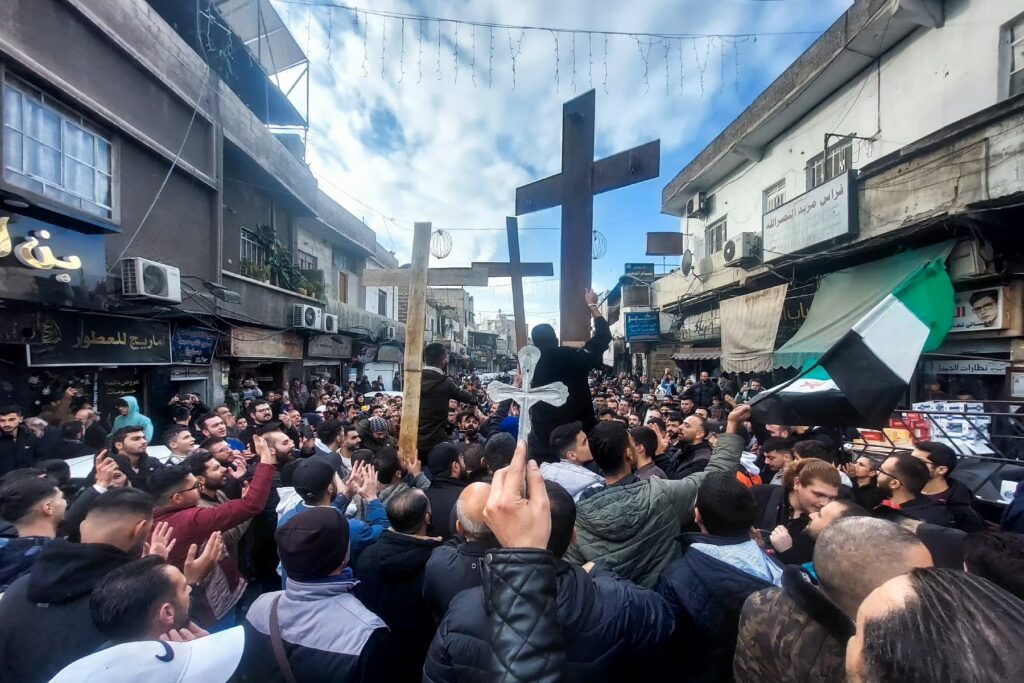
PHOTO AFP / Louai Beshara
“We refuse to be marginalized,” said George, one of the protesters. He criticized the labeling of such attacks as “isolated cases” and warned, “If we cannot live our Christian faith as we did before, then we no longer have a place here.”
Druze in Sahnaya are rallying in support of Christians after Turkmenistani jihadists burned down a Christmas tree in Al-Suqaylabiyah, Hama. pic.twitter.com/TeyjltUruM
— Mira ⛥ (@MiraMedusa) December 23, 2024
The Orthodox Patriarch of Antioch, John X, echoed these sentiments in his first sermon in Damascus since the fall of Bashar al-Assad’s regime. He called for a new constitution that reflects Syria’s diverse religious and ethnic mosaic.
The Antiochian Greeks in As-Suqalbyah celebrated Christmas Eve with a prominent display of a cross as a symbol of resilience, following the restoration of the Christmas tree and an apology from the local HTS group. pic.twitter.com/XUtyXDViZL
— Greco-Levantines World Wide (@GrecoLevantines) December 24, 2024
A Fragile Celebration
In Damascus’ predominantly Christian neighborhood of Bab Touma, festive decorations and Christmas carols fill the air, but an undercurrent of fear remains. At Yamen Basmar’s café, adorned with fairy lights and a Christmas tree, customers frequently ask if alcohol is still being served or if parties can continue as before.
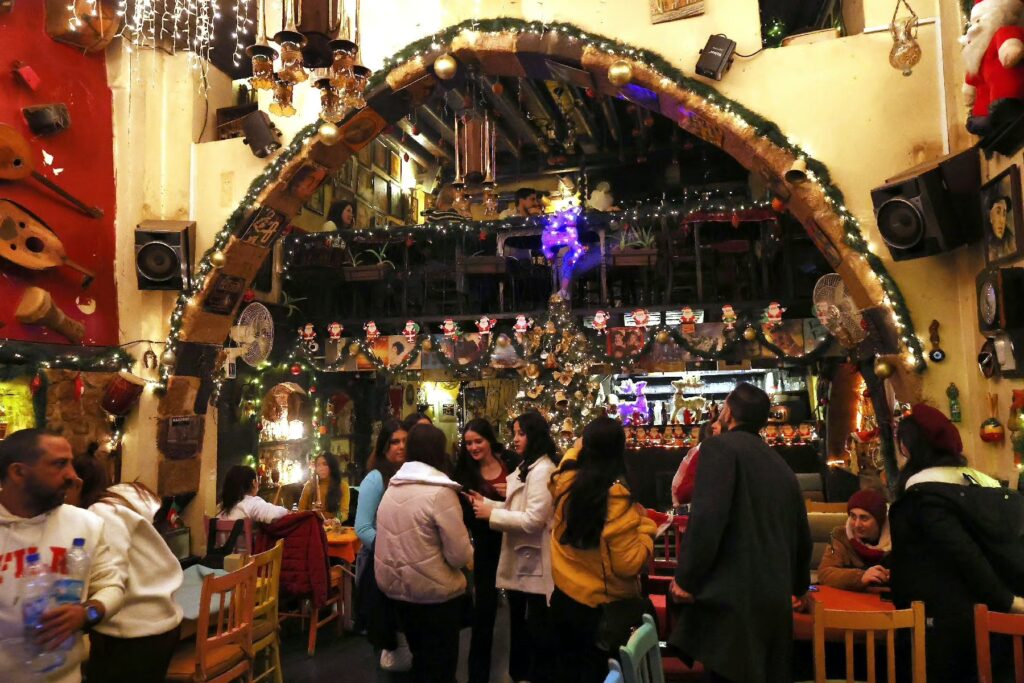
PHOTO AFP / ANWAR AMRO
“Nothing has officially changed, but people are scared,” said Basmar, noting a 50% drop in business. Last year, his café stayed open until 3 a.m.; this year, it closes by 11 p.m.
At the Beit Jabri restaurant, Christians and Muslims celebrated a Christmas party together, but the event was moved earlier to avoid “transport difficulties” after dark.
“Despite our fears, the party was beautiful,” said Emma Sioufji, 42. “But we Christians are afraid of the unknown this year.”
Her hope for the holidays is simple yet poignant: “I pray no one else leaves the country. No one wants to abandon their homeland.”
A Community Determined to Endure
As Syria transitions into this new chapter, its Christian community faces an uncertain future. While some hold onto hope for coexistence under the new regime’s promises of moderation, others fear the growing signs of sectarianism and injustice.
Yet, through prayer and public protest, Syrian Christians remain steadfast in their resolve to preserve their faith and identity in a land they refuse to abandon.
Source: Provence

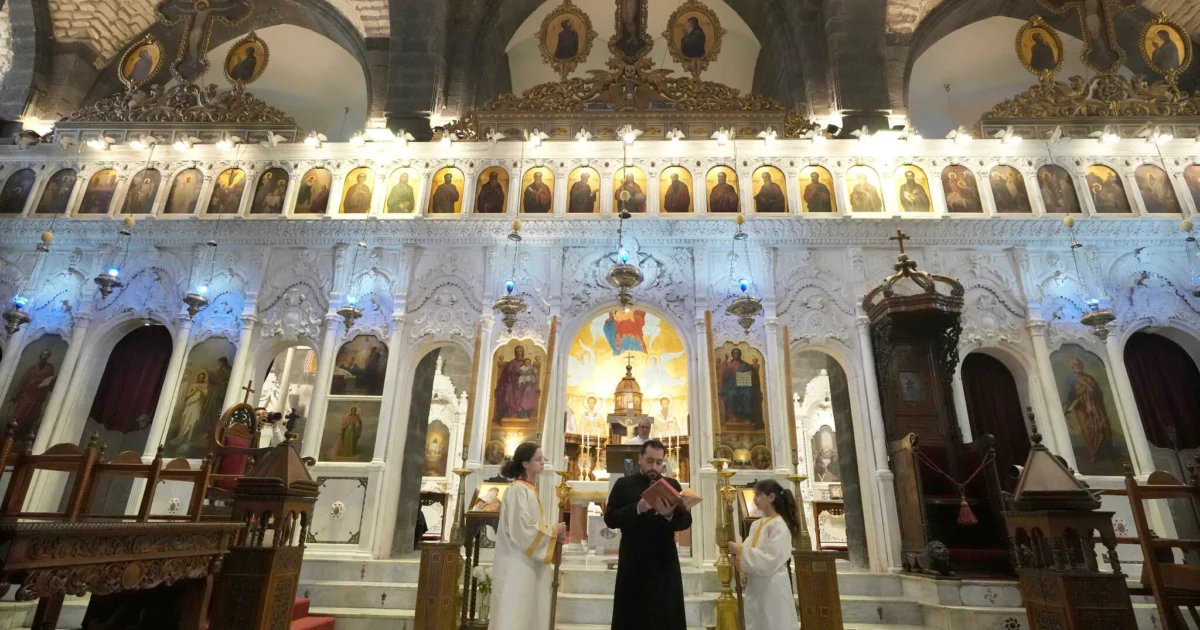

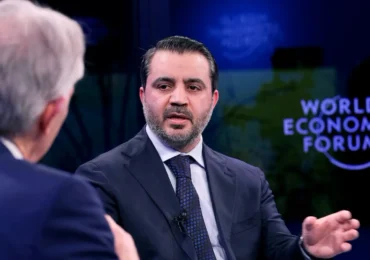
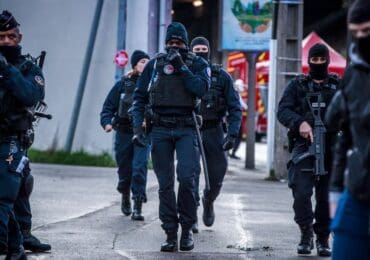

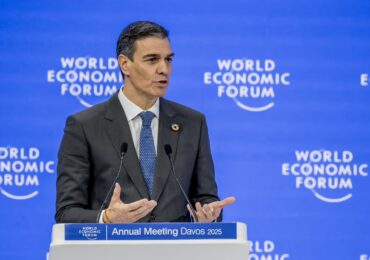
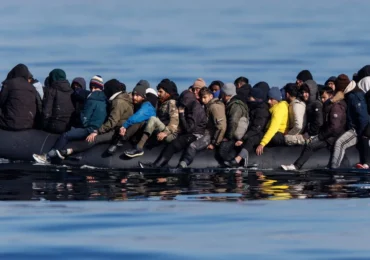

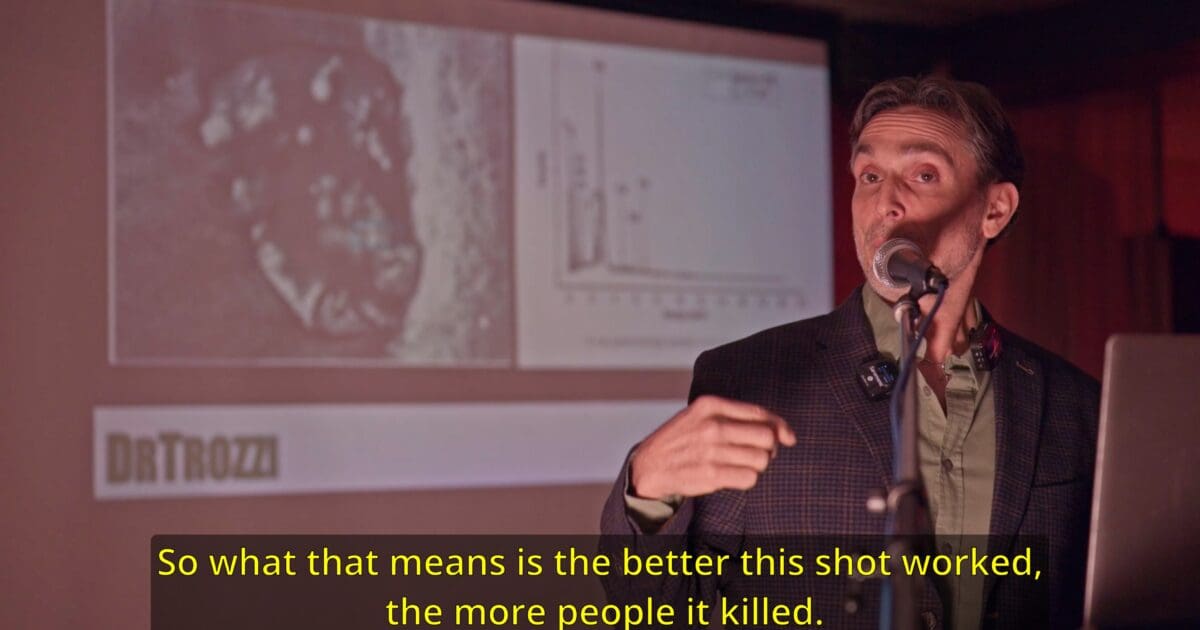
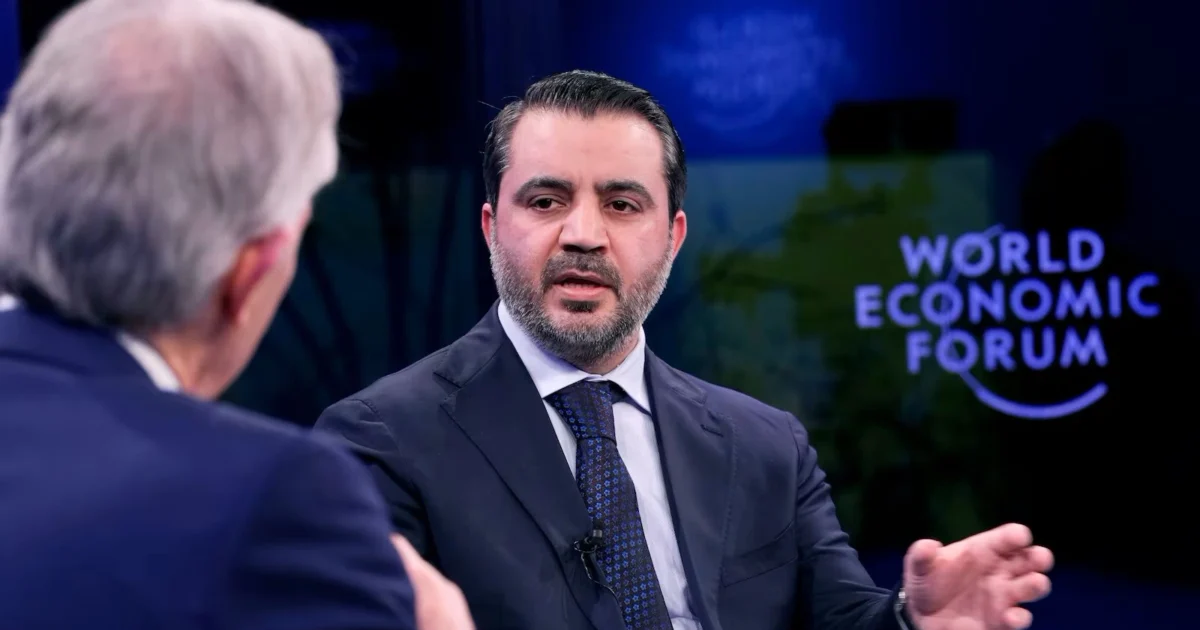
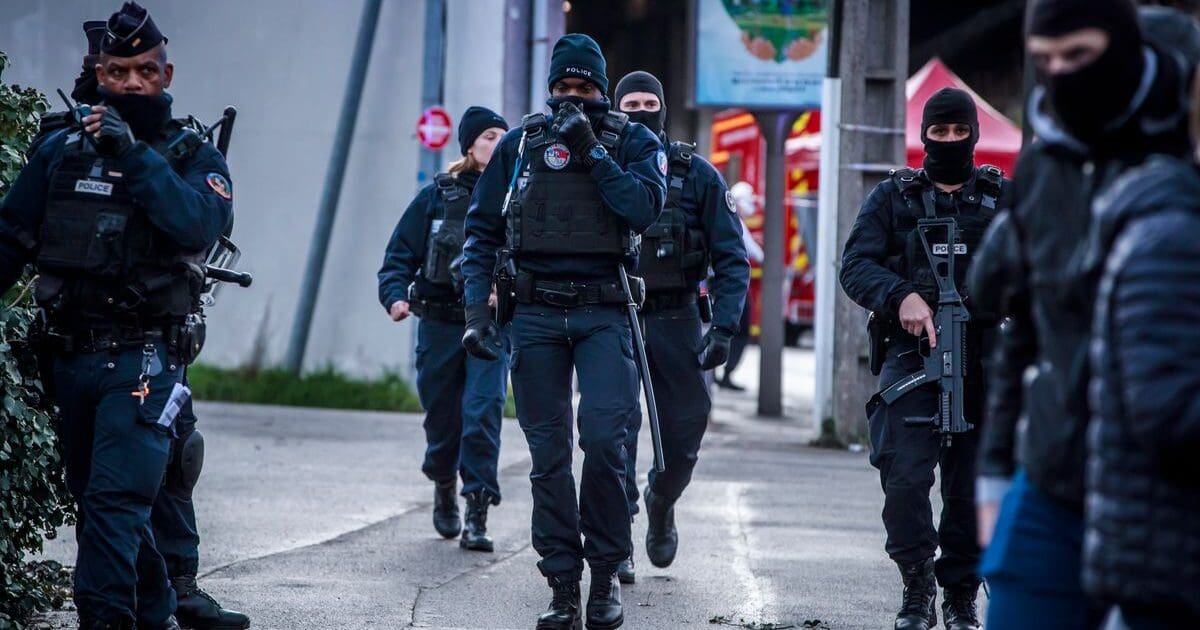
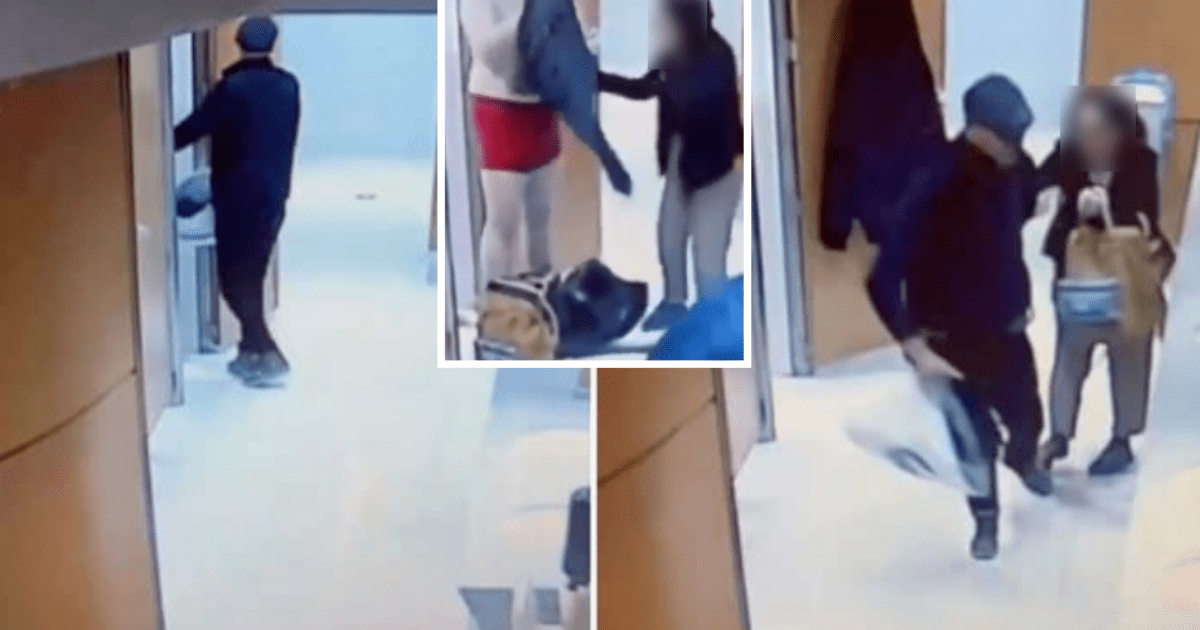
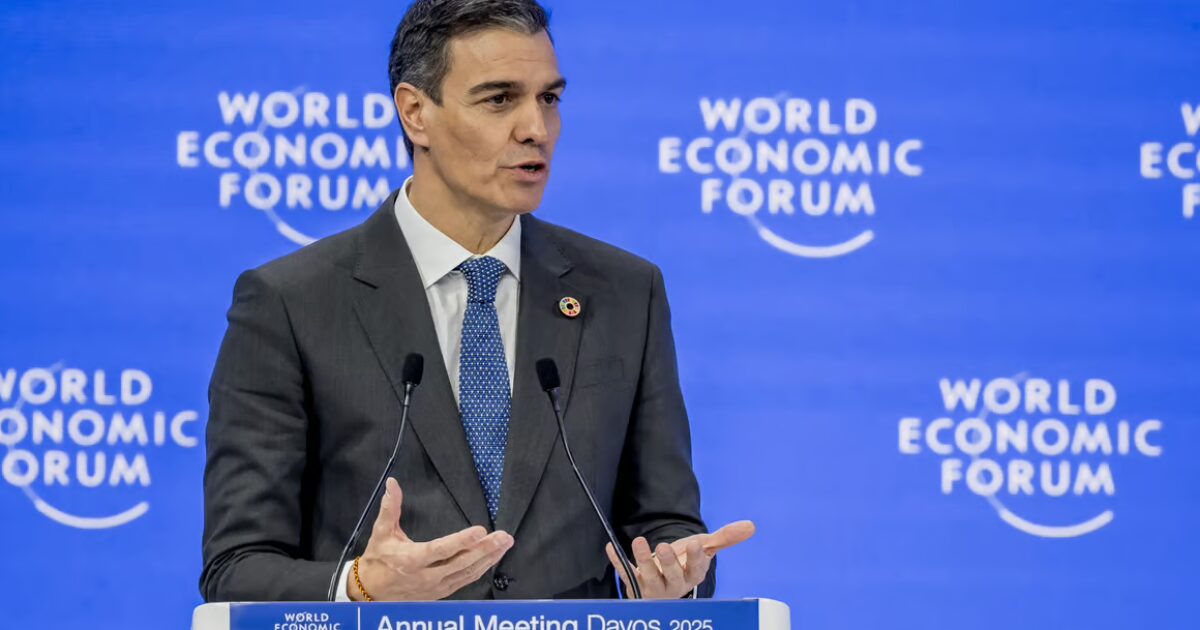
“Amazon sparks outrage after cutting important scene from film classic, ‘It’s a Wonderful Life’
‘What’s wrong with you. The people who made that decision should all be fired,’ one viewer said”
FOR THAT, AMAZON FOUNDER MUST BE HANGED IMMEDIATELY! WHAT AN IDIOT HE IS, THE RICHER THEY ARE THE MORE STUPID THEY BECOME!